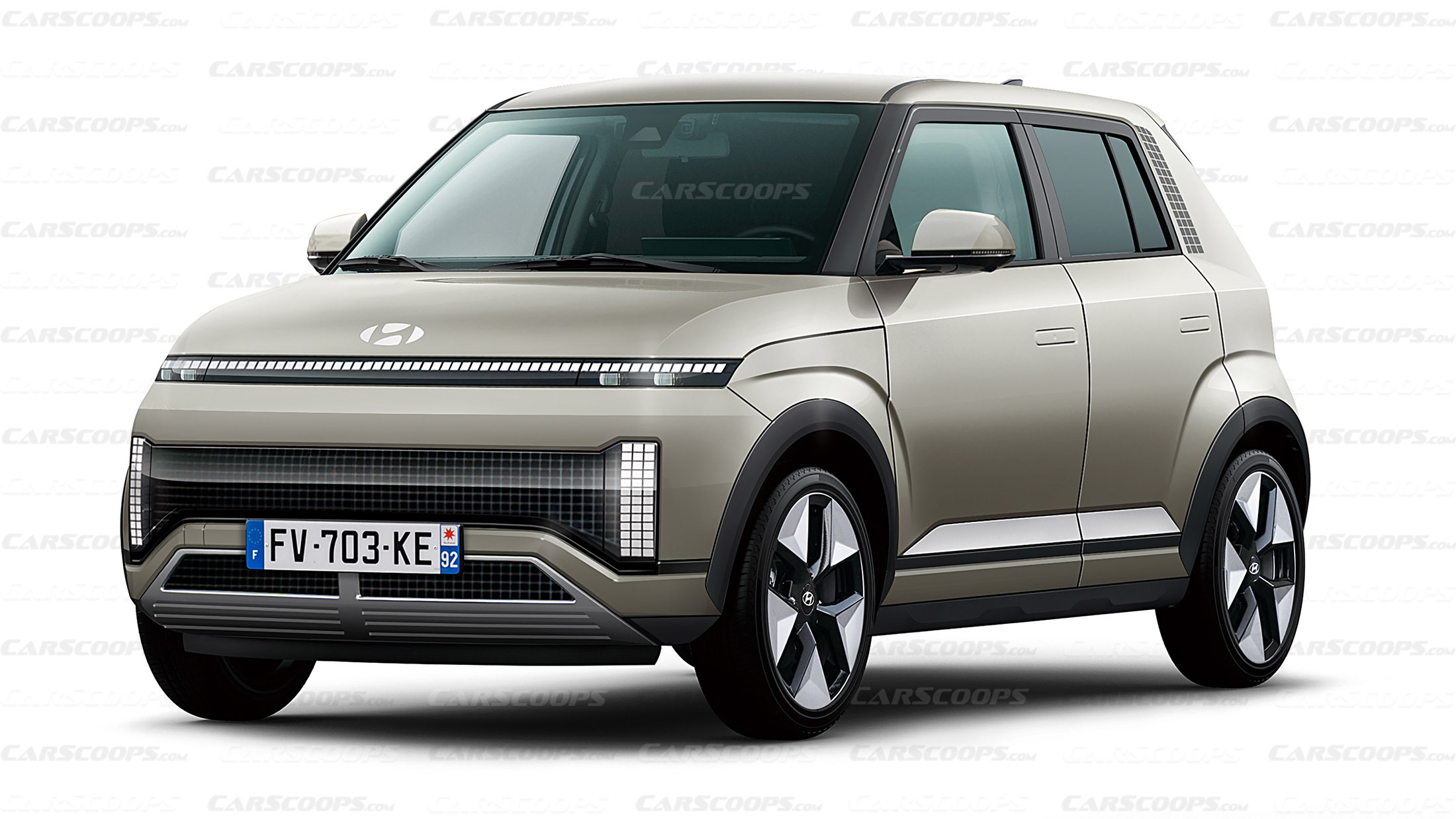In the fiercely competitive automotive industry, Hyundai has carved a niche for itself with its innovative approach to compact car design. This article delves into the strategies, technologies, and design philosophies that Hyundai employs to create successful compact cars that resonate with global consumers.
Introduction to Hyundai and Compact Cars
Hyundai Motor Company, established in 1967 in South Korea, has grown into one of the world’s largest automobile manufacturers. Known initially for economical vehicles, Hyundai has expanded its lineup to include compact cars that blend style, functionality, and efficiency.
Market Trends and Consumer Preferences
Understanding market trends and consumer preferences is crucial for Hyundai’s compact car design strategy. Here are some key considerations:
- Rise in urbanization and traffic congestion favors compact cars.
- Increasing demand for fuel efficiency and eco-friendly vehicles.
- Preference for advanced technology and connectivity features.
- Shift towards design aesthetics and personalization options.
Hyundai’s Design Philosophy
Hyundai’s design philosophy revolves around several core principles that shape their compact car lineup:
- Sensuous Sportiness: Hyundai emphasizes dynamic and emotional designs that evoke passion and excitement.
- Proportion Distinction: Achieving balanced proportions that enhance visual appeal and interior space efficiency.
- Functional Elegance: Integrating practicality with sophistication, catering to diverse consumer needs.
- Global Sensibility: Adapting designs to resonate with international markets while respecting regional preferences.
Also Read : Hyundai Electric Car Design
Technological Innovations in Hyundai Compact Cars
Hyundai integrates cutting-edge technologies to enhance safety, performance, and comfort in their compact car designs:
- SmartSense: Advanced driver-assistance systems (ADAS) for improved safety and convenience.
- Blue Link: Connected car services offering remote access, navigation, and vehicle diagnostics.
- Efficient Powertrains: Development of hybrid and electric powertrains for eco-conscious consumers.
- Infotainment Systems: Intuitive interfaces with touchscreen displays and smartphone integration.
Case Studies: Hyundai’s Iconic Compact Cars
Let’s explore some notable examples where Hyundai’s design philosophy and technological innovations have converged to create iconic compact cars:
1. Hyundai Kona
The Hyundai Kona, introduced in 2017, exemplifies Hyundai’s commitment to blending SUV practicality with compact car efficiency. It features bold exterior styling, a range of efficient powertrains (including electric variants), and a tech-forward interior that appeals to younger demographics.
2. Hyundai i20
The Hyundai i20, a popular hatchback in global markets, showcases Hyundai’s approach to combining sleek design with urban agility. With a focus on connectivity and safety, the i20 has evolved through multiple generations to meet evolving consumer expectations.
3. Hyundai Venue
The Hyundai Venue, a compact SUV introduced in 2019, targets urban commuters seeking versatility and style. Its compact dimensions, efficient engines, and feature-packed interiors have made it a competitive player in its segment.
Environmental Sustainability Initiatives
In response to global environmental challenges, Hyundai has ramped up efforts to integrate sustainability into its compact car designs:
- Increased focus on lightweight materials and aerodynamic designs to improve fuel efficiency.
- Investment in electric vehicle technology, including the development of the Hyundai Ioniq lineup.
- Collaboration with renewable energy providers to promote eco-friendly driving solutions.
Future Directions in Hyundai Compact Car Design
Looking ahead, Hyundai continues to innovate in compact car design with future-focused initiatives:
- Exploration of autonomous driving technologies and AI integration for enhanced safety and convenience.
- Expansion of electric vehicle offerings with improved range and fast-charging capabilities.
- Integration of sustainable materials and processes to reduce environmental impact.
Conclusion
In conclusion, Hyundai’s approach to compact car design exemplifies a balance of innovation, practicality, and style. By understanding market trends, leveraging advanced technologies, and embracing sustainability, Hyundai continues to set benchmarks in the compact car segment. As consumer expectations evolve, Hyundai remains committed to shaping the future of automotive design with its distinctive approach.
By staying true to its design philosophy and embracing technological advancements, Hyundai is well-positioned to meet the challenges and opportunities of the evolving automotive landscape.
This article provides a comprehensive overview of Hyundai’s approach to compact car design, backed by research, examples, and insights into their philosophy and future directions.
(source)
Originally posted 2024-07-05 04:25:58.
